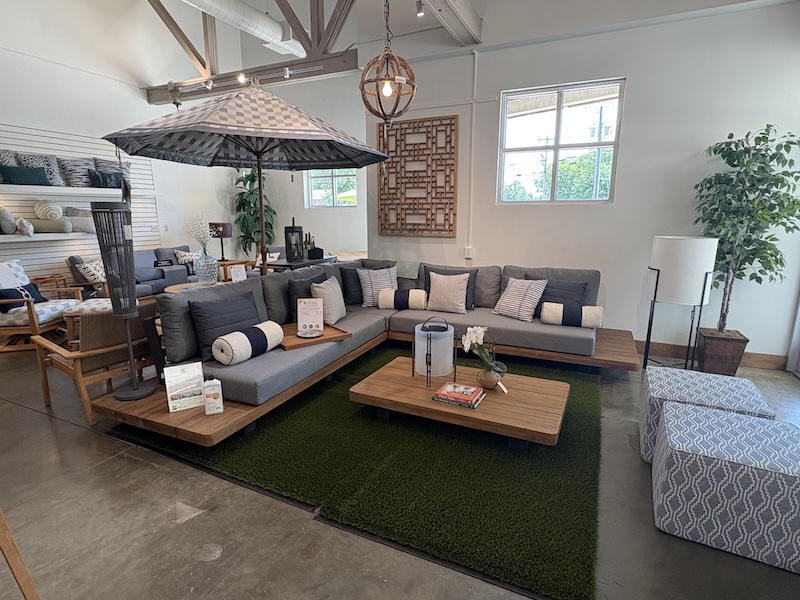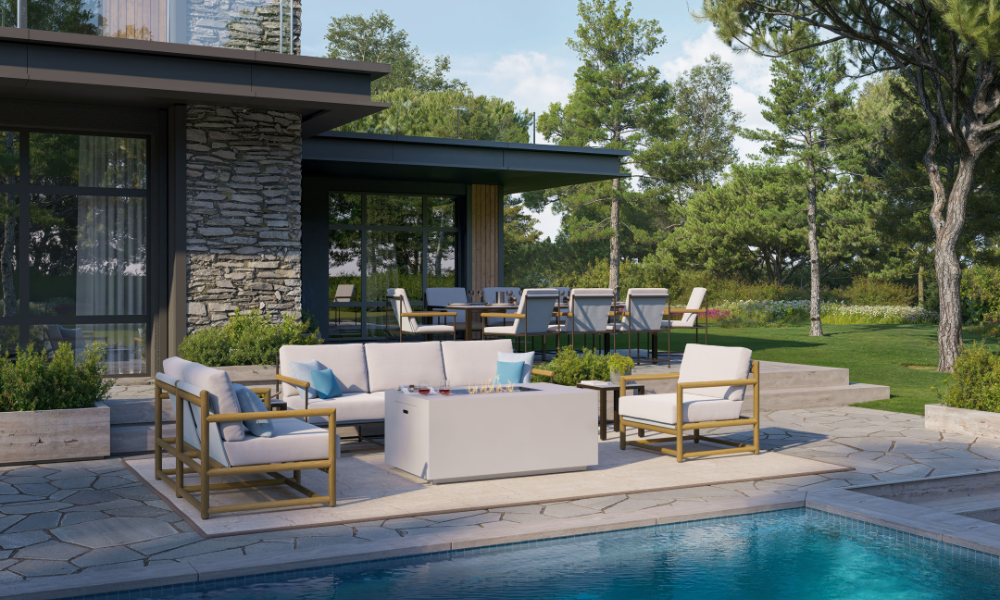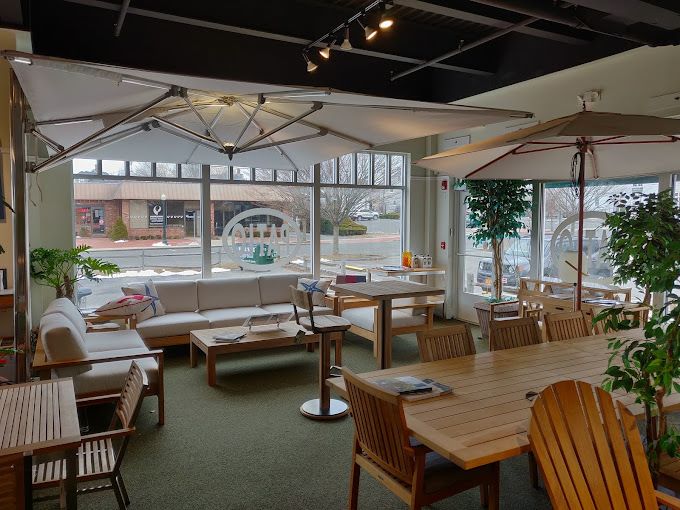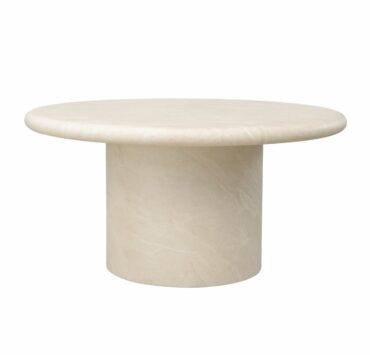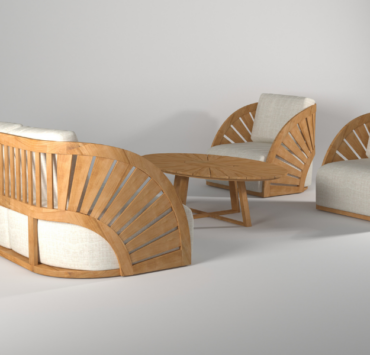To say that Hildreth’s Patio of Southampton, New York, has a history is putting it mildly.
As a patio store, Hildreth’s has been around since 2006, but as a store, it’s been around since 1842 — and has congressional recognition as being the oldest continuously operated department store in the United States.
There’s even a Hildreth still in charge of Hildreth’s. Henry Halsey Hildreth Jr. and his wife, Colleen, along with their three adult children, are the fifth and sixth generations to mind the store, which is made up of one location for indoor home goods and a second for high-end patio furniture.
Zerach Michel, who manages Hildreth’s Patio, says the seasonality of Long Island means that lead times are important and that the store is well stocked going into this season. But he says the recent past has still had an effect on the business.
“Like most retailers, we paid a premium for a good portion of our inventory over the past two years due to tariffs, high ocean freight and shortages, so we’re left with much slimmer profit margins now that prices have come down and wages have increased,” says Michel. “Our main focus will continue to be product assortment and customer service.”
He said that the store’s biggest challenge has been finding and retaining good employees.
“Housing costs have been outpacing wages in our area for decades,” says Michel. “Our year-round population has been shrinking precipitously, creating a dramatic increase in morning and afternoon traffic in and out of the Hamptons — the notorious ‘trade parade’ which has made it increasingly difficult to hire local employees and retain those who commute. Unfortunately, in order to maintain the level of customer service that our clients demand, our only recourse has been to downsize somewhat in order to maintain profitability.”
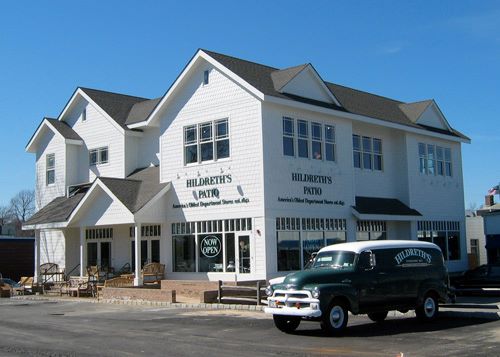
Hildreth’s is not expecting a slowdown as such.
“Every season since the pandemic highs of 2021 has been an adjustment, but this season seems to be going at a similar pace as last year store-to-store, which is pretty much were we were in 2019,” says Michel. “Of course, we’ve lost one location since then, but we’ve also shed the overhead associated with that location.”
To get the word out, Michel says that Hildreth’s depends on digital marketing through its website and social media — and recently ordered local print ads after a hiatus of several years. It also returned to running its annual spring sale on outdoor furniture, given that inventory is no longer an issue, and it worked out fairly well.
To choose what to carry, Hildreth’s depends on the tried and true.
“We seek manufacturers that offer the best quality products available, but only where value can readily be quantified to our customers,” says Michel. “We follow trends, but we don’t carry lines simply because they are stylish or trendy. Our customers are very wealthy, but also quite discerning. And since we plan on sticking around for the next five or six generations, we don’t want to sell anything that we wouldn’t be proud of five or six years down the line.”
Hildreth’s sets itself apart from the competition by offering superior customer service.
“Most of our salespeople have been with us for decades,” says Michel. “They know the product they’re selling, and they have a vested interest in keeping our customers happy.”
He said he has no problem with the competition that a full-line furniture store brings to the outdoor category.
“Outdoor furniture is a very seasonal business,” says Michel. “We sell exclusively outdoor furniture year-round, but most outdoor furniture stores either close seasonally, or must supplement their business with something else in the off-season — pools and spas, game tables, hardware, etc. Out of those ‘side businesses,’ I actually think a full-line furniture store is probably best equipped to sell outdoor furniture. I personally don’t have any issue with it, and I think it brings more expertise to the industry. There’s no such thing as too much competition, since market forces won’t allow weaker competitors to survive.”
Michel points out that there is only fair — and unfair — competition.
“Honestly, I try to avoid bringing in any product that is sold online unless the manufacturer enforces a strict MAP policy,” he says. “The fact is that quality outdoor furniture requires a physical showroom in order to be sold successfully. Customers need to sit on the furniture, see the scale of the furniture in person, check if the chairs slide under the table, compare physical color swatches, etc.
“Quality outdoor furniture certainly can be sold online, but that’s usually only after the customer has already seen the furniture in person. What quality outdoor furniture manufacturers must avoid is creating a situation where customers use brick-and-mortar retail showrooms to view and try their products, only to then purchase the product online at a discount. That will eventually erode the amount of physical showrooms available for customers to view the product, and ultimately kill off their business.”
Any advice for struggling outdoor retailers?
“I would simply advise struggling retailers to stick it out and stay true to what has made them successful over the years,” says Michel. “Retail has been sluggish lately due to inflation and economic uncertainty, but those who are able to make it through this period are sure to emerge in a stronger position when consumer confidence is inevitably restored.”


